One of the best parts about attending the Cornell-in-Rome Program in the spring is the week long spring break that we get in the middle of the semester. Kevin and I decided to take a break from Italy and head down to Morocco for the break.
Our itinerary for the nine days included Tangier, Fes, Marrakech, Merzouga in the Western Sahara, Port of Essaouira, and Meknes, covering three of the main four islamic medieval cities. In the middle of the trip, Kevin detoured from Marrakech to go to Rabat and head across the Strait into Spain while I ventured into the Western Sahara, Port of Essaouira, and Meknes.
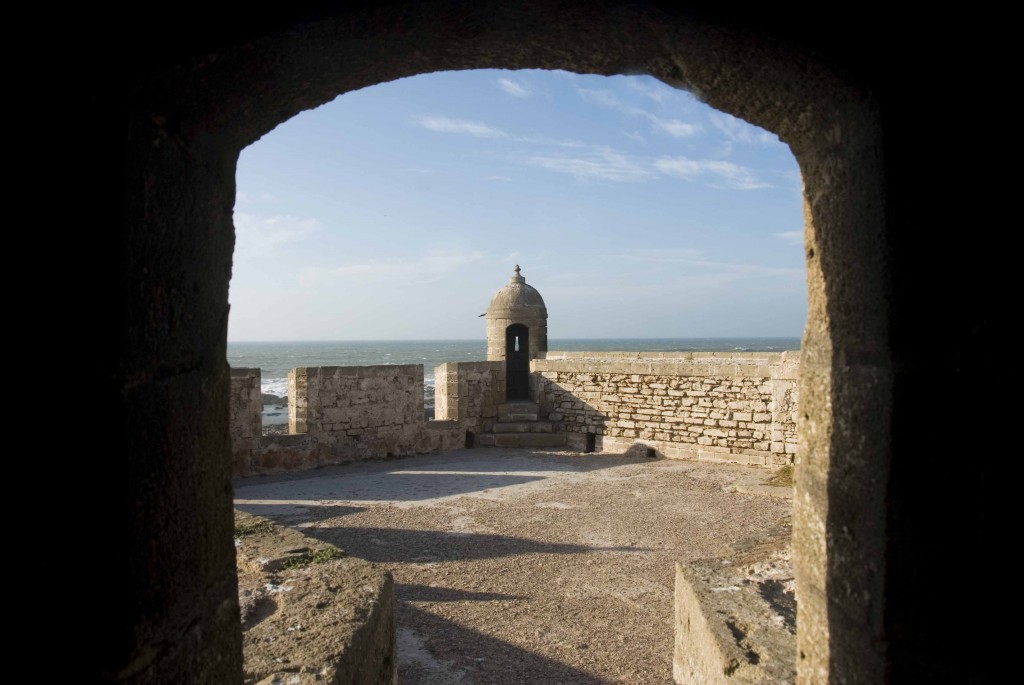
Morocco sits at the crossroads of Europe and Africa and has therefore been at the crossroads of many different cultural influences. It is predominantly Muslim yet it has always been culturally influenced by its Spanish neighbor across the strait, by the colonization of the French in the 20th century, as well as the local Berber tribes of the Sahara.
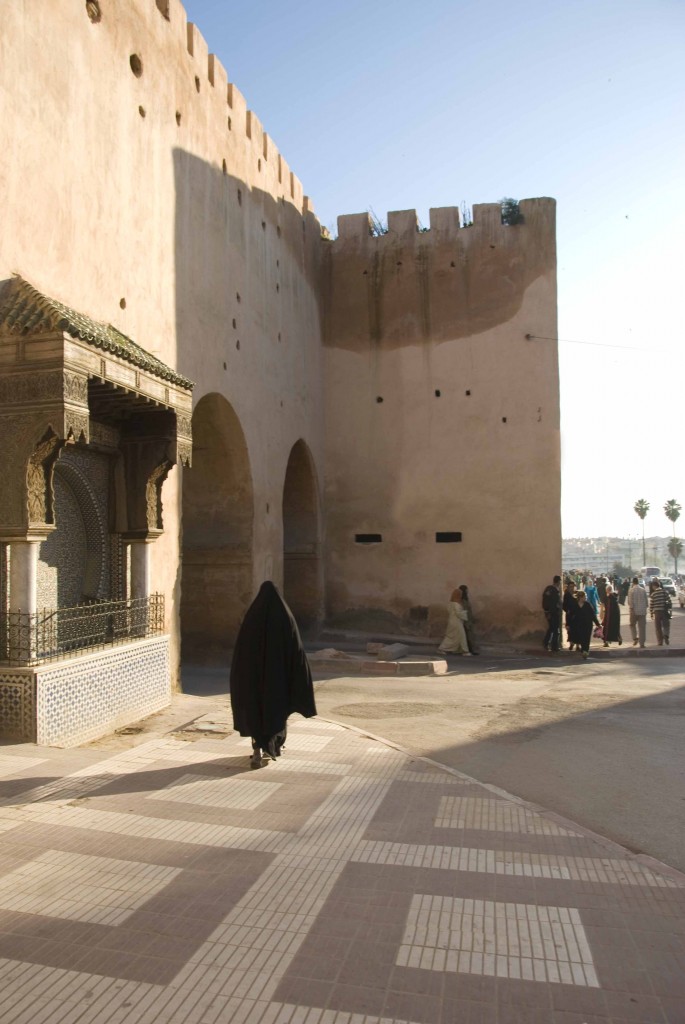
Our first stop in Fes was our first exposure to a medieval Islamic city. We woke up early to explore the labyrinthine medina (city center) when no one was around. Unpredictable at every turn, and with buildings packed tightly together in every direction, it is nearly impossible to know where you are.
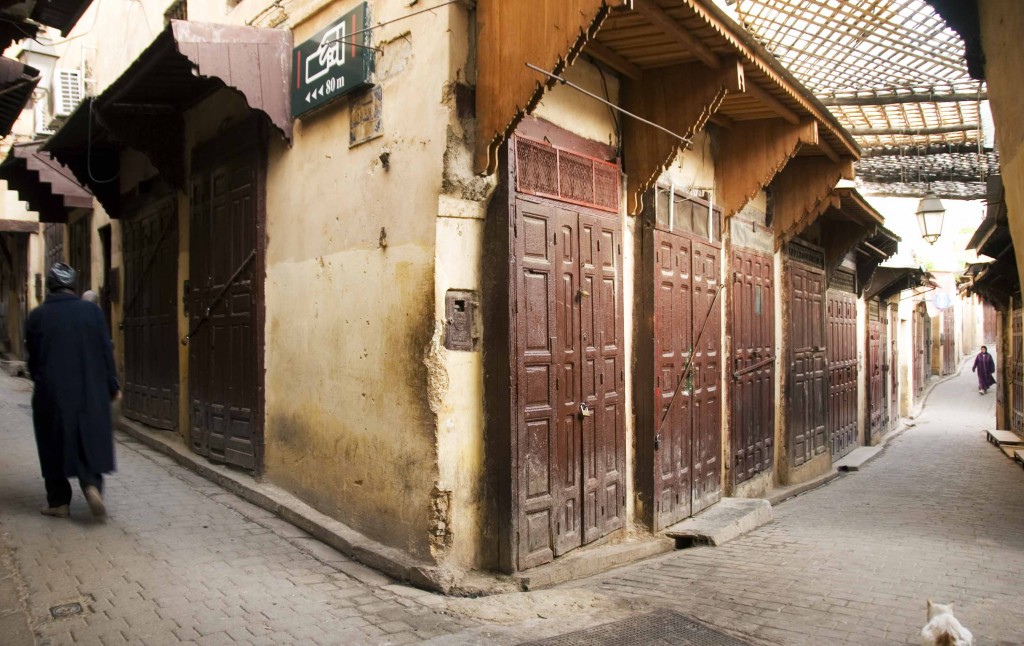
But getting lost isn’t a such a bad thing. It is the city’s labyrinthine quality which makes Fes so mythical. Every turn along the narrow alleyways is met with new surprises: a hidden mosque, yet a new alley or passageway, or momentary glimpses of the local activities that take place behind the thick walls of the medina itself.
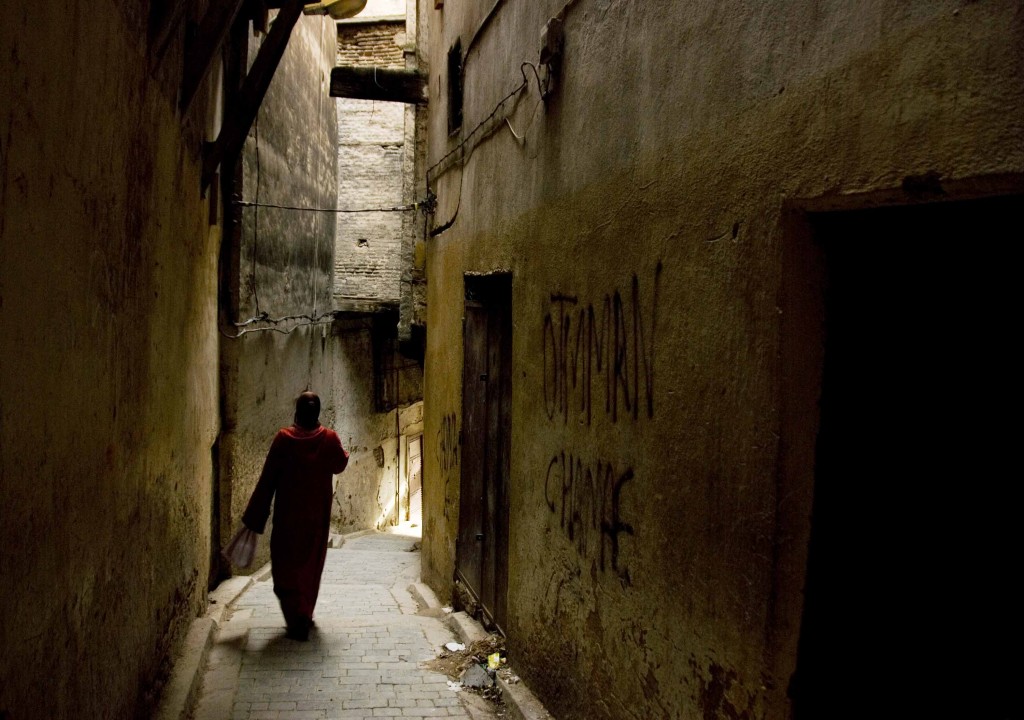
The city remains largely hidden from public view. Shrouded figures, forgotten passageways, and walls impenetrable to the outsider create a sense of mystery and enchantment.
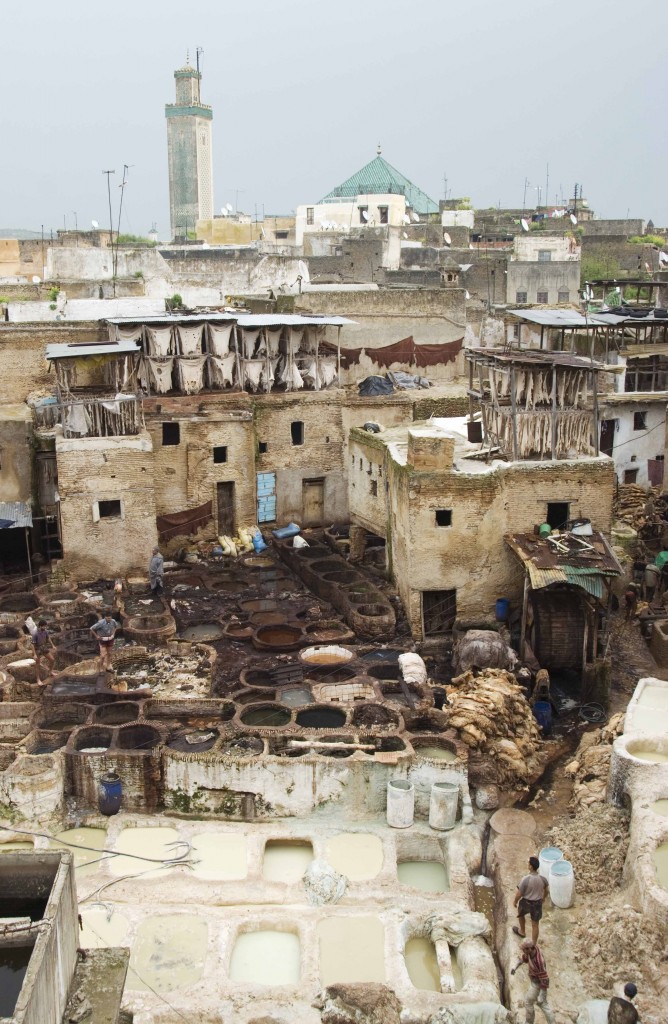
I traveled further south to a small town called Merzouga in the Western Sahara. This journey took 3 days, taking us across the Atlas mountains and through the many ancient Berber villages.
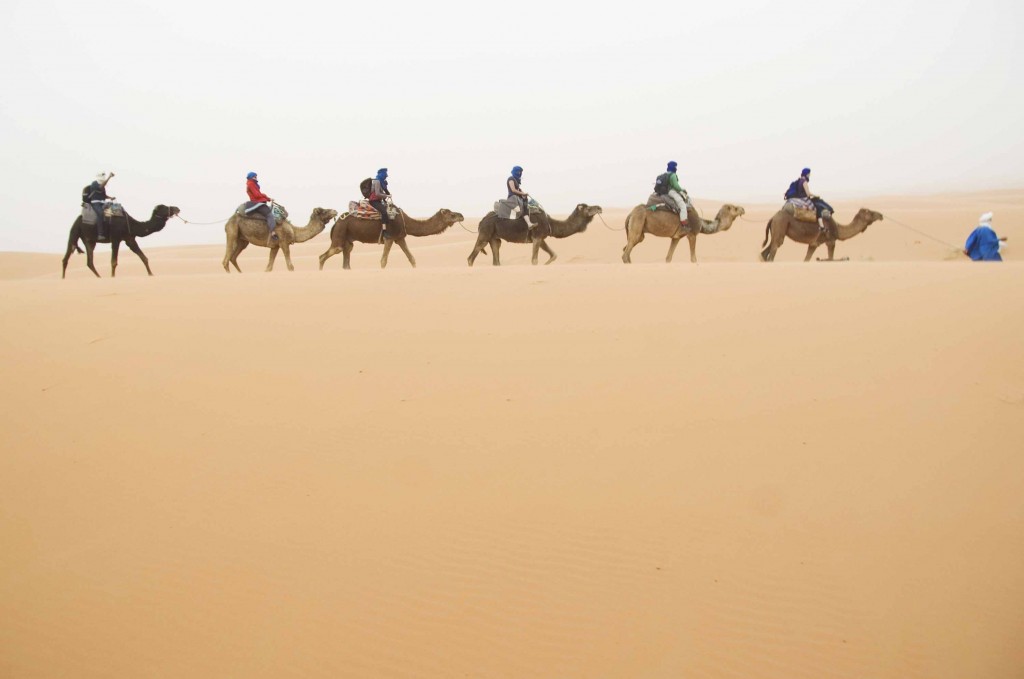
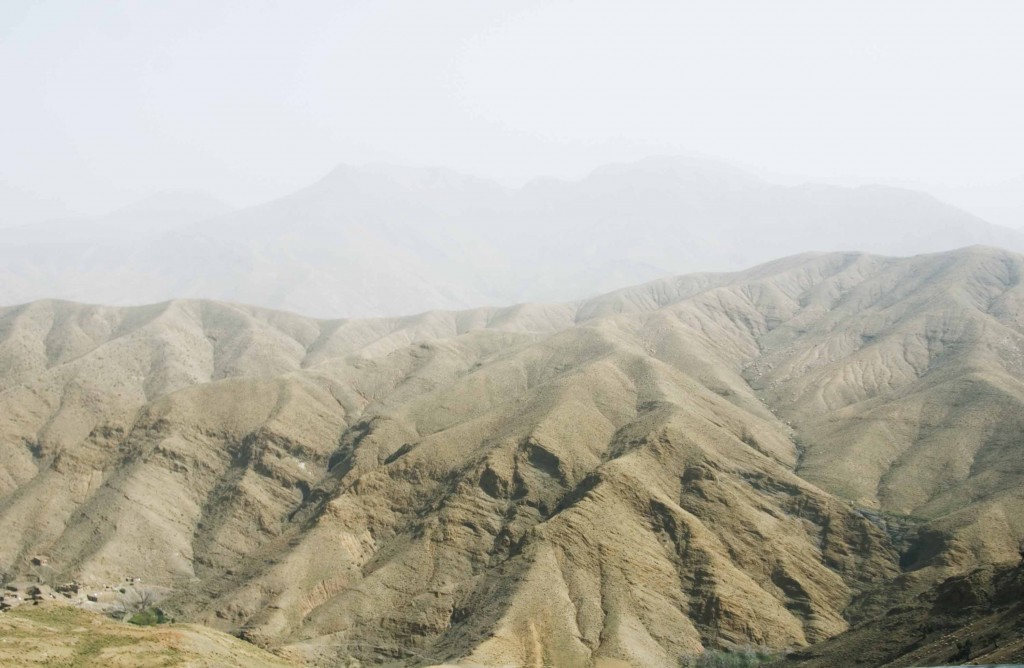
When the bus was no longer suitable to run on sand dunes, we rode on camels across the sand dunes to arrive at a Berber nomad village for the night. Being in the sea of dunes was quite surreal. Far away from civilization, all I could hear was rhythmic motion of the camel walking on sand and the ocean-like sound of sand continually being shaped by the desert wind.
Having traveled for a couple of hours, we arrived at the Berber village- a set of tents clustered in the middle of the dunes.
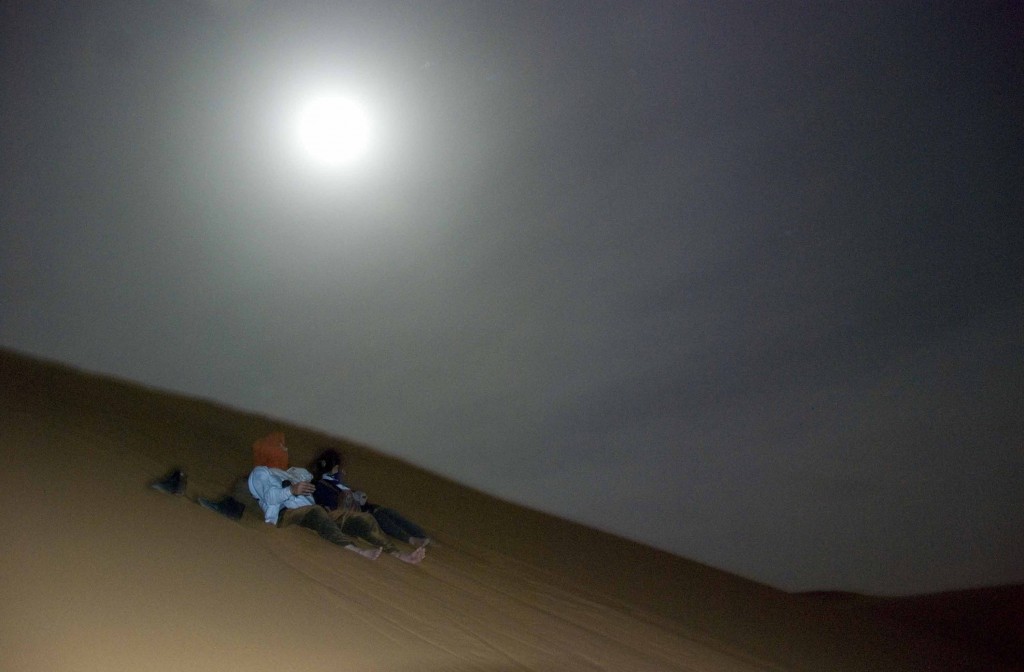
The Berber locals entertained us with traditional dancing and food in the tents, followed with a hike up a 400 ft sand dune at night.
Climbing up a massive sand dune was much harder than it looked. After 40 minutes of trudging and mostly futile struggling, I had the grandest view of a sea of dunes bathed under the moonlight from the top.
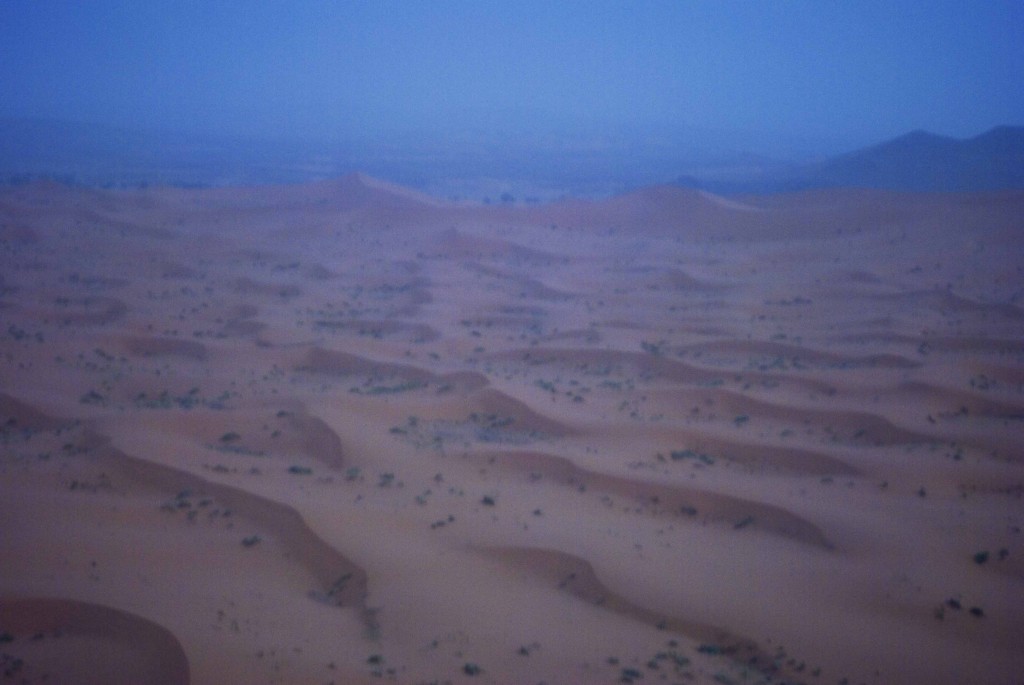
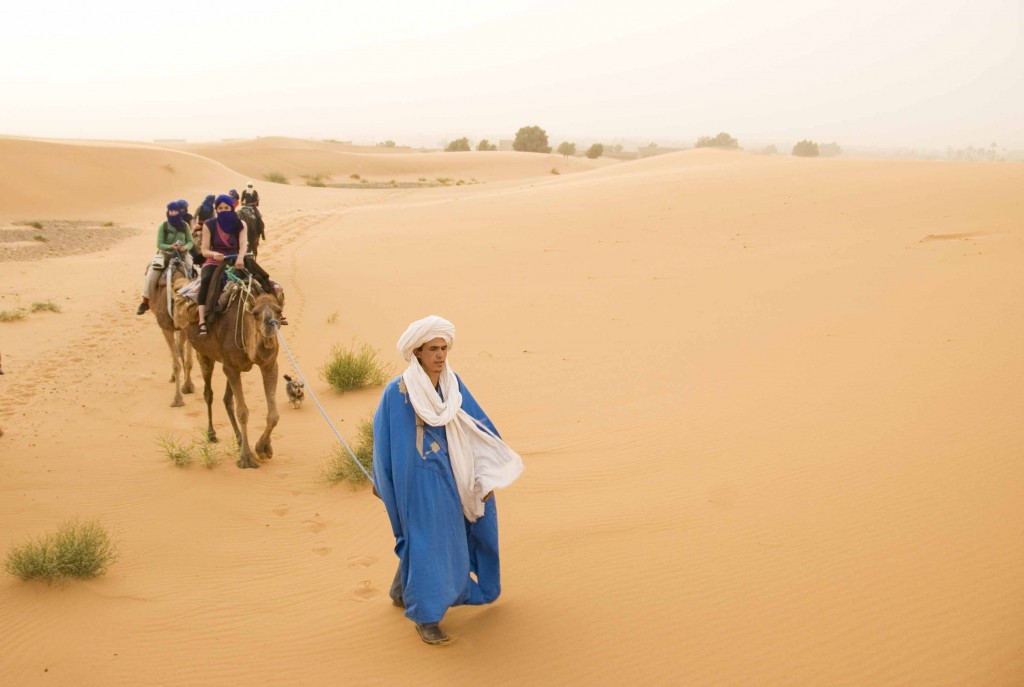
The medieval charm of Marrakech still exists but it has sadly been overrun by tourism. The souks (market) nevertheless are still charming, rich with smells of spices, sounds of chatter and the haggling of vendors.
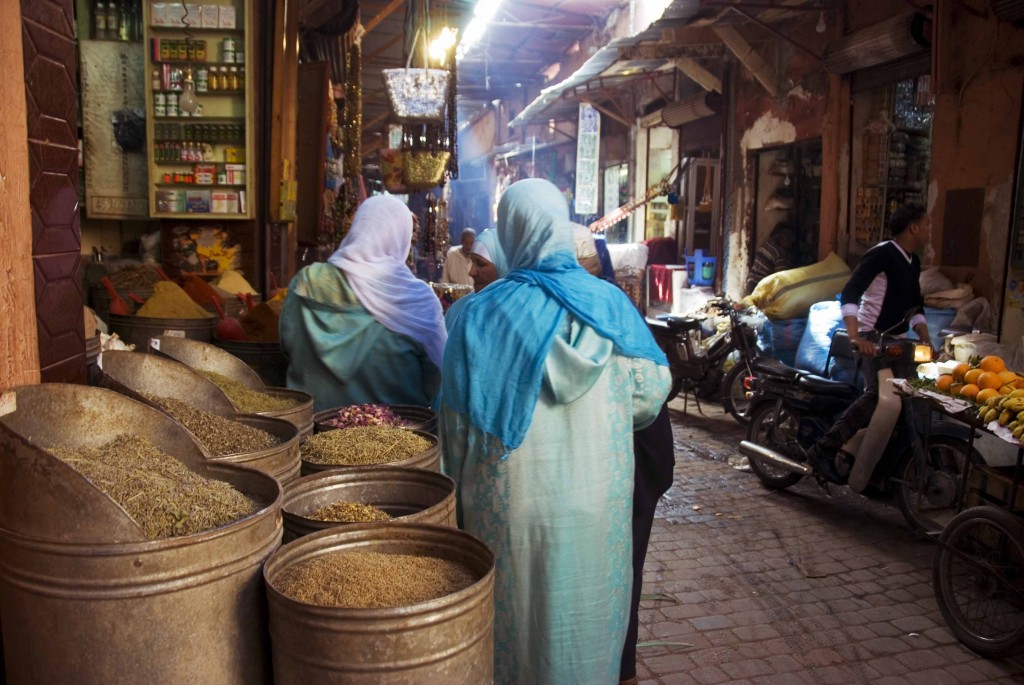
The more you get lost, the more you discover.
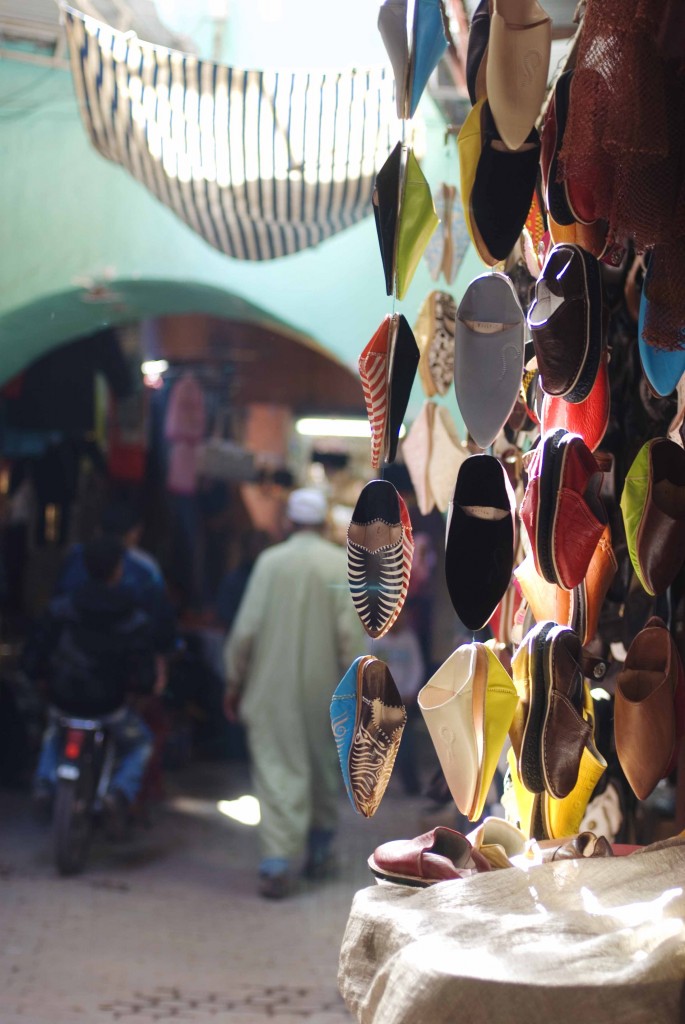
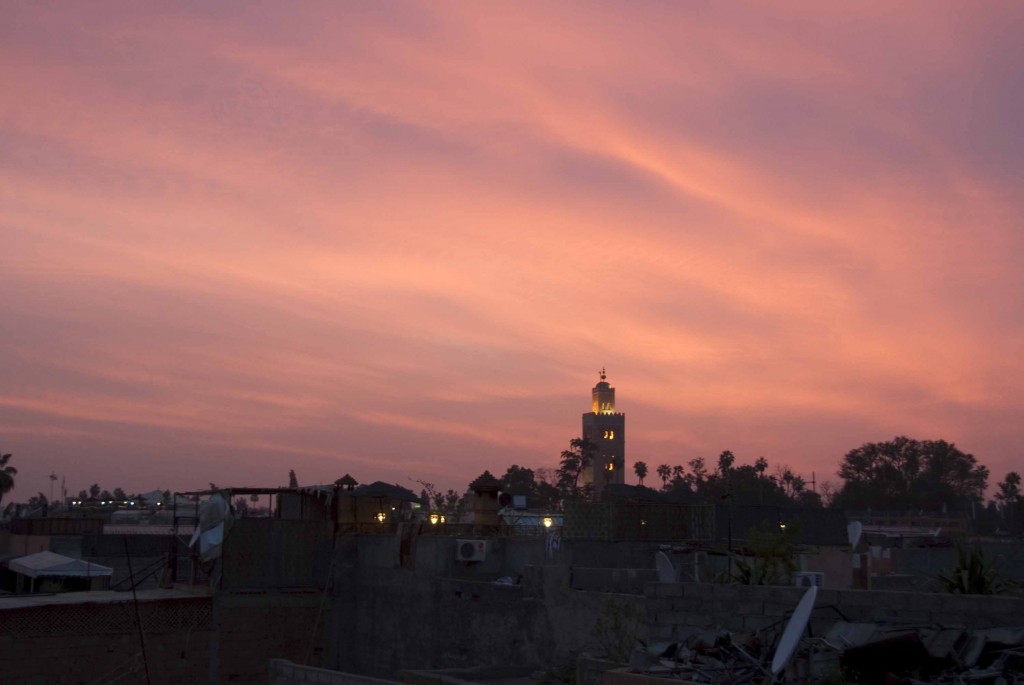
At sun down, the voices of many imams sound their call to prayer from the city’s many minarets.
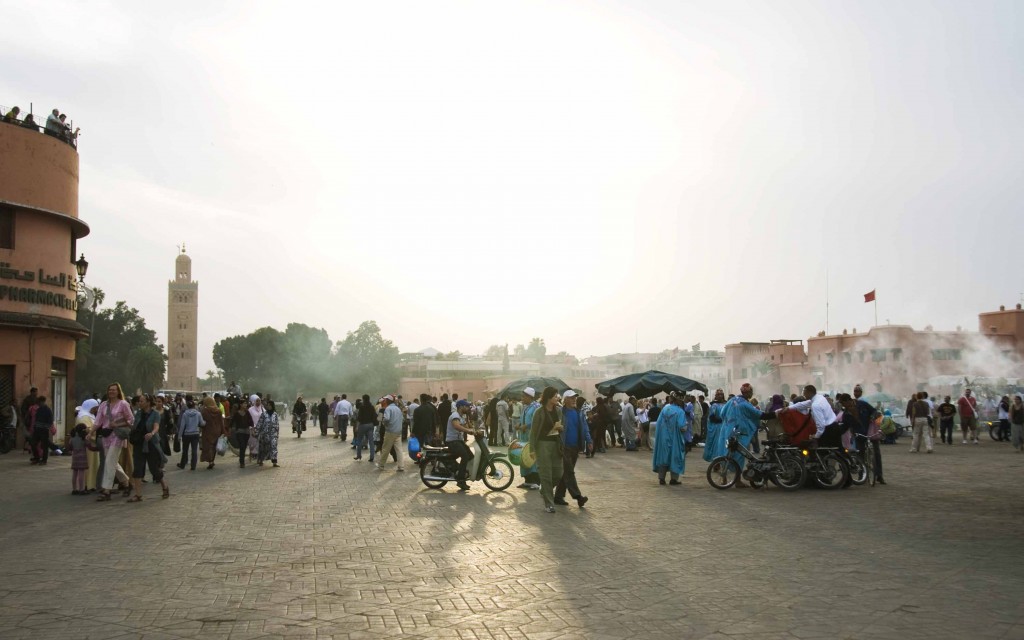
Djemaa el Fna square in Marrakech explodes to life at night. Sounds of drums, cobra charmers, musicians, and food vendors all gather in this one space to create a lively scene at night. I recommend eating the staple moroccan dishes- chicken tangine (stew), beef, and couscous along with traditional mint tea.
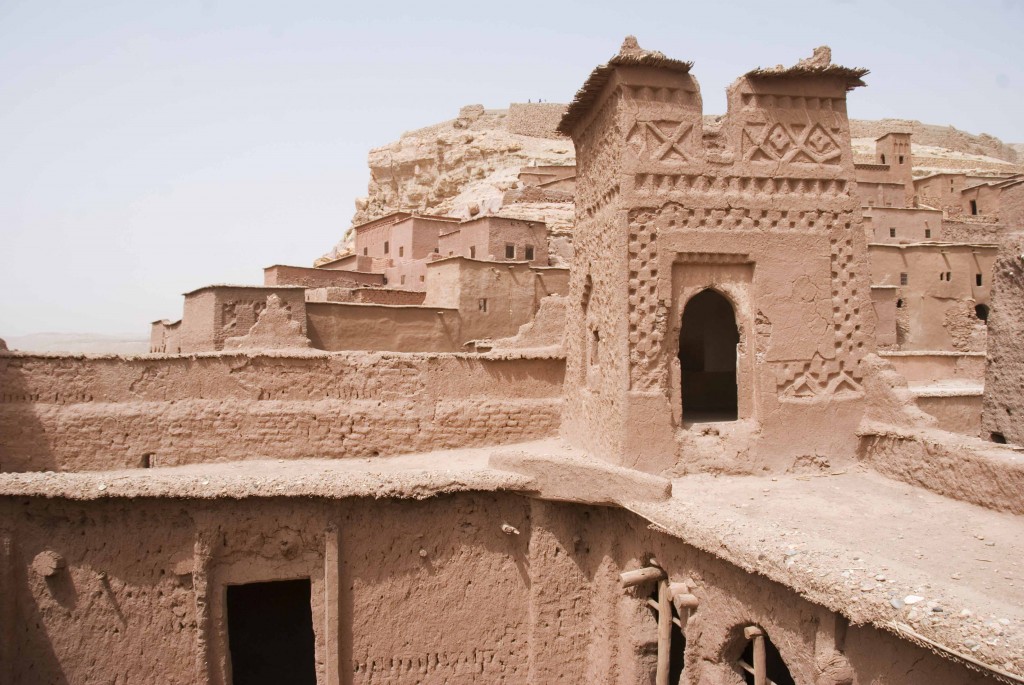
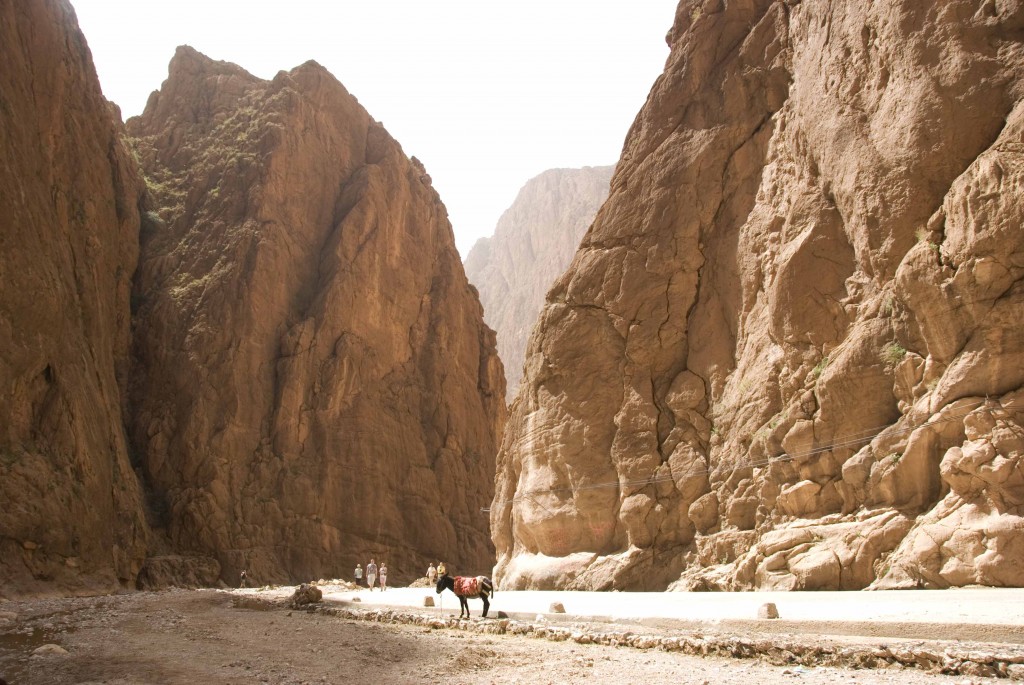
The port of Essaouira is a medieval port city surrounded by picturesque rampart walls gleaming in blue and white. The port’s fish market continues to bustle with activity since the Roman ages.
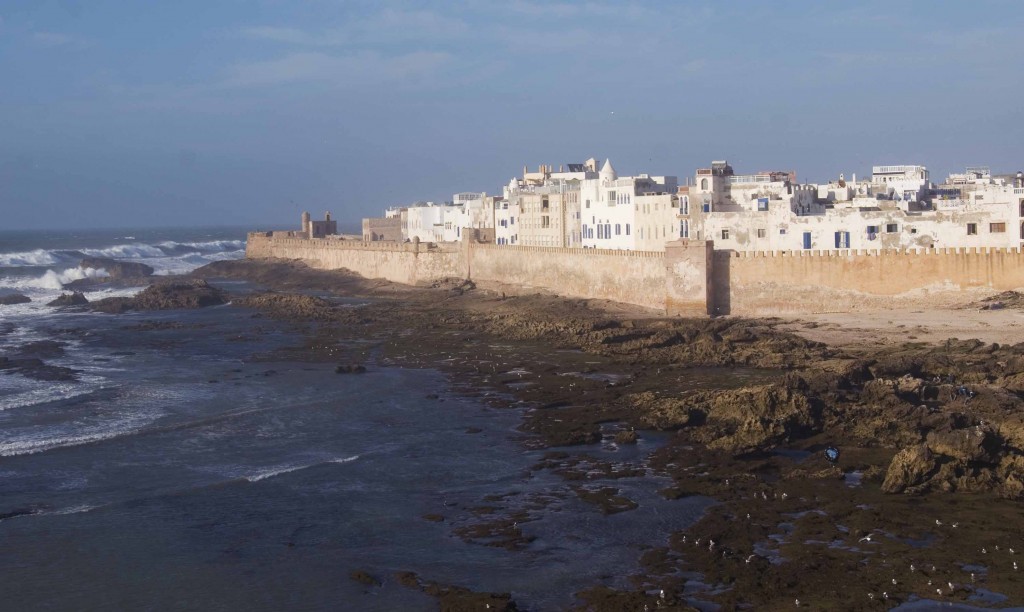
Solitude can be found in the city of Meknes, a medieval city tourists usually overlook on their way to Fes.
This was the city where I experienced some of the warmest people on earth: those who helped me find my way out of the medina (refusing any money from me), and those who greeted me with much curiosity about my Asian ethnicity.
It was quite uncomfortable at first to be in the medina as one of the very few tourists in the area, with no sense of any direction of where I was heading. But I had come to love the place as I was able to truly observe the local activities that continue to take place behind the medieval walls.
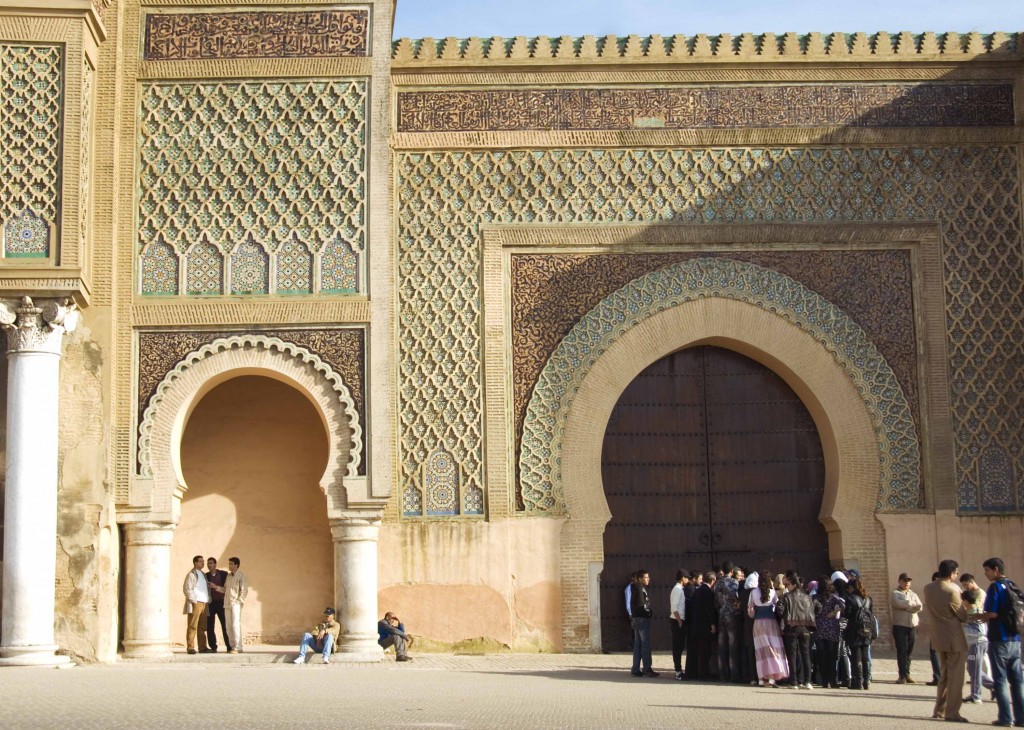
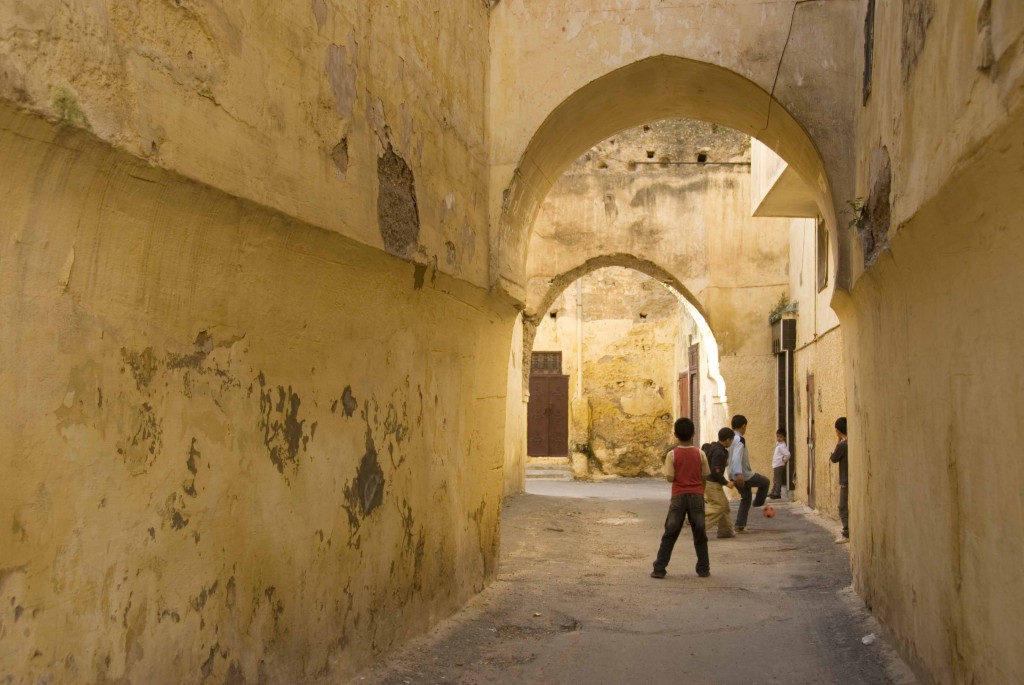
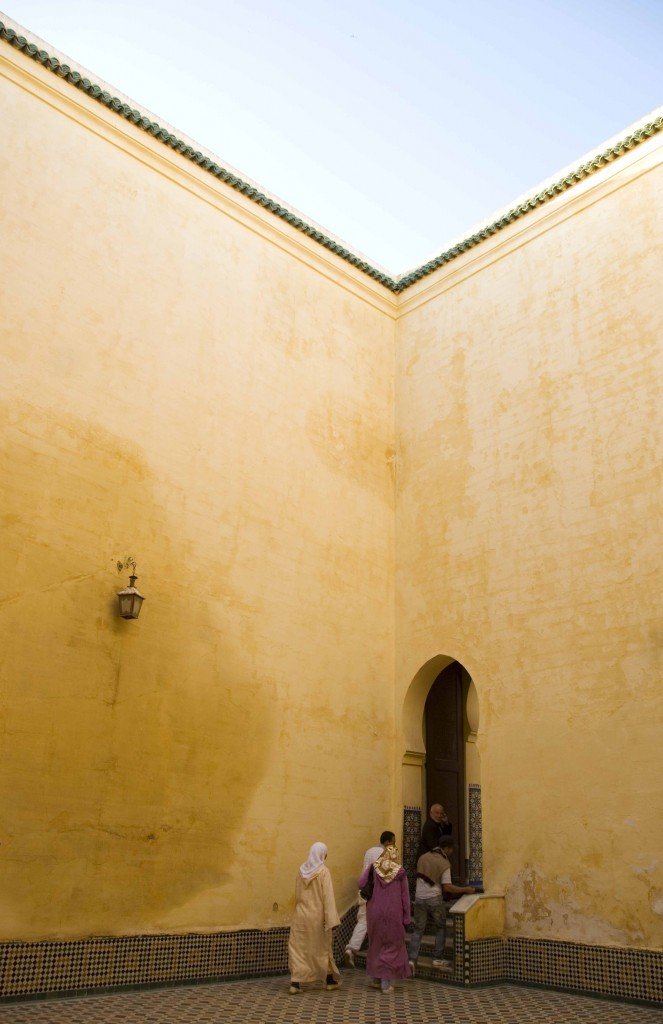
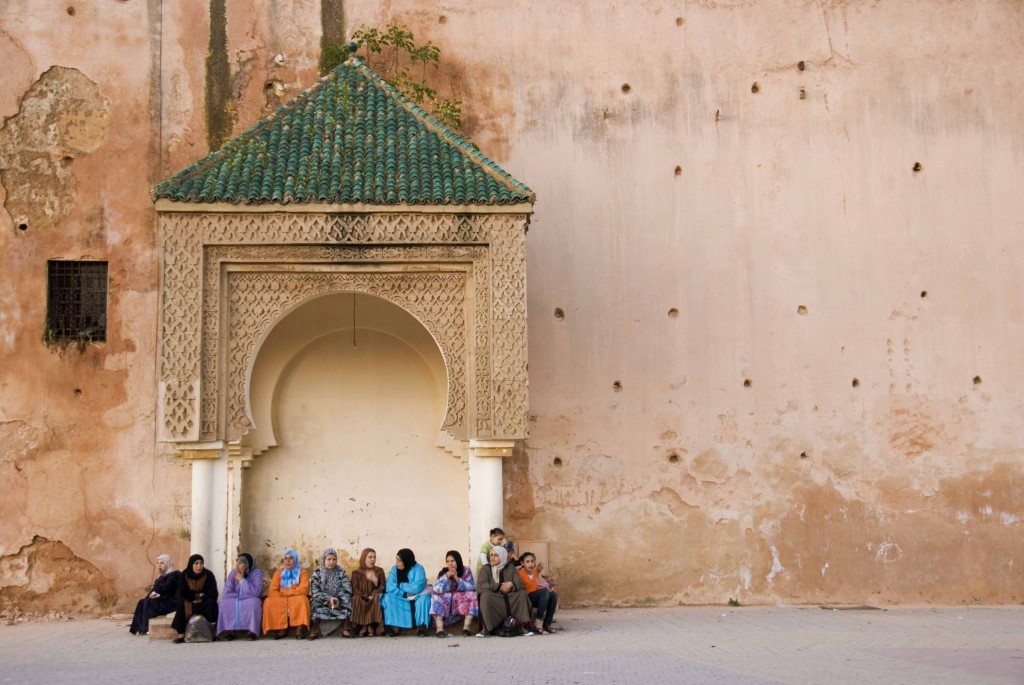
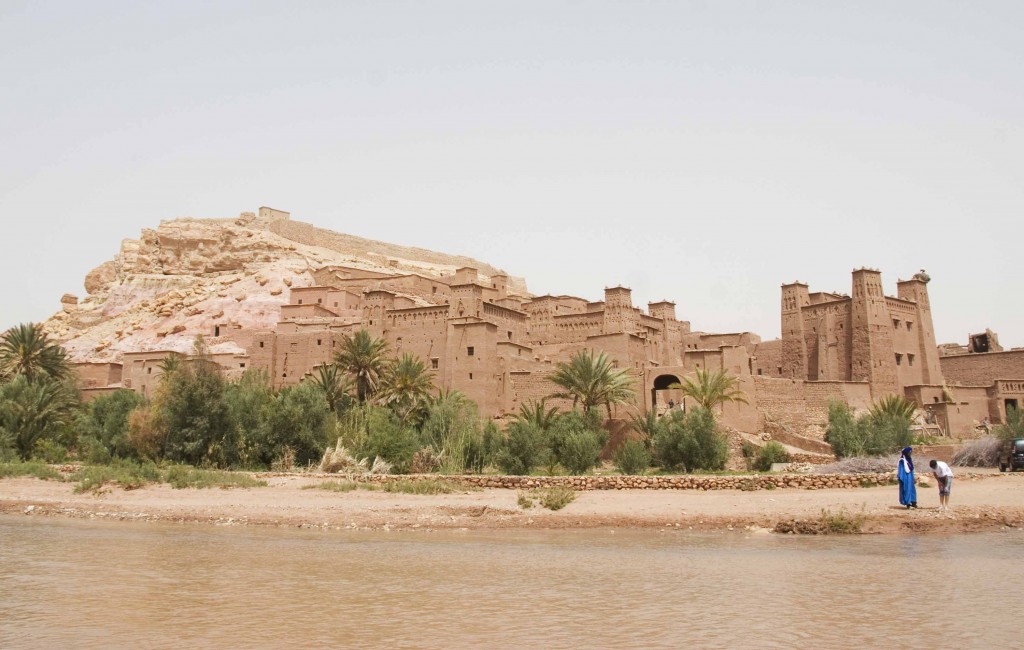
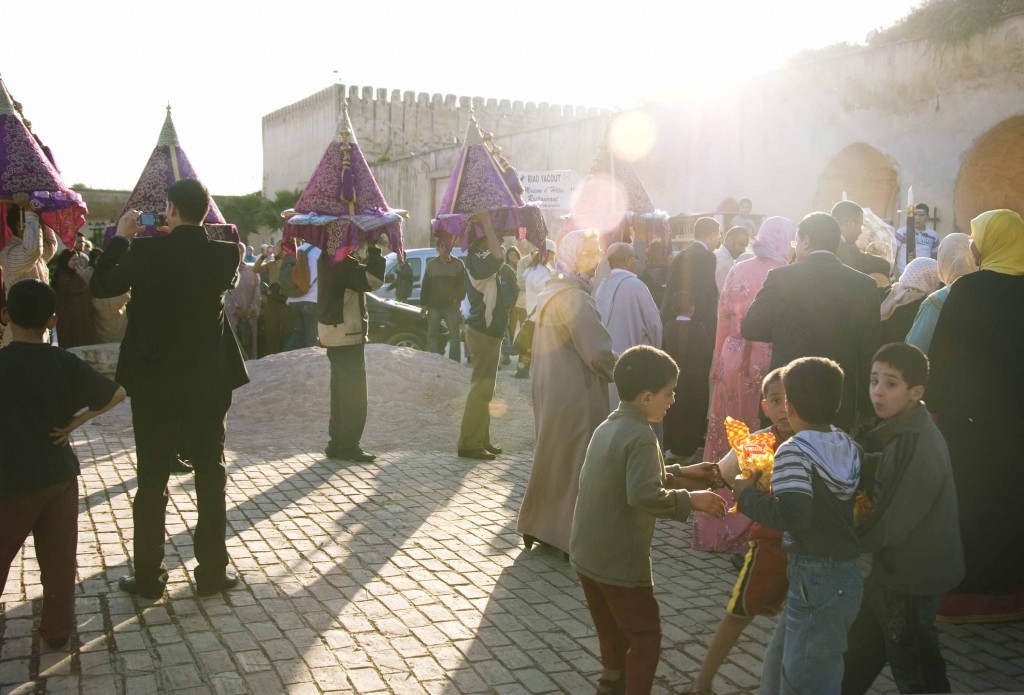
Whether it was the medieval Islamic architecture or rugged mountainous landscapes, the appeal of being in an Arab country, the hospitality of Morrocan people, or the labyrinthine medinas and souks, Morocco was a truly an adventurous escape from Rome.
